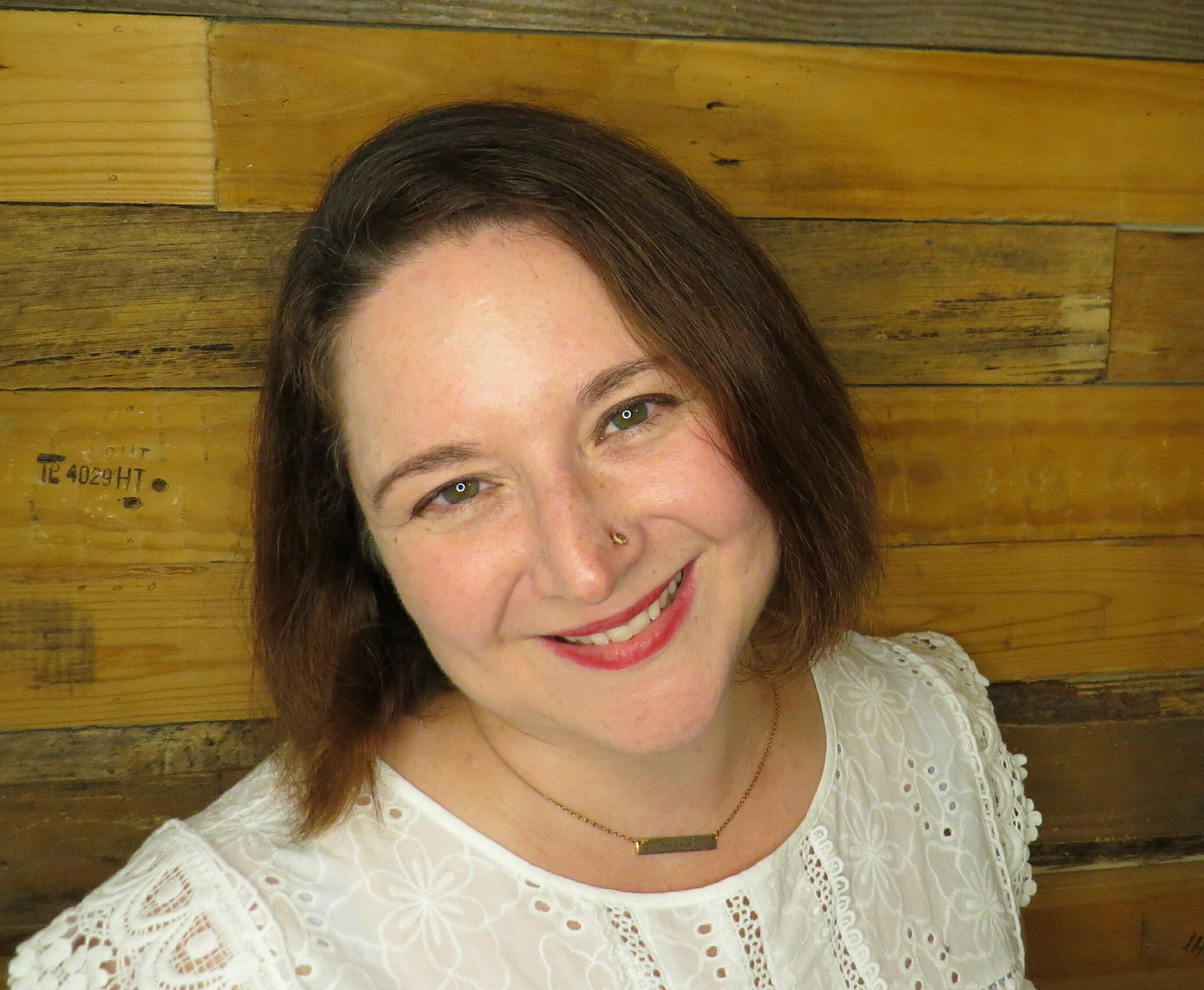
by Michele Kirichanskaya | Mar 26, 2025 | Blog
Jamie Pacton is an award-nominated young adult and middle grade author, who writes swoony, funny, magical books across genres. When she’s not writing, she’s teaching college English, obsessively reading obscure history, hiking, baking, or playing video games. Her...
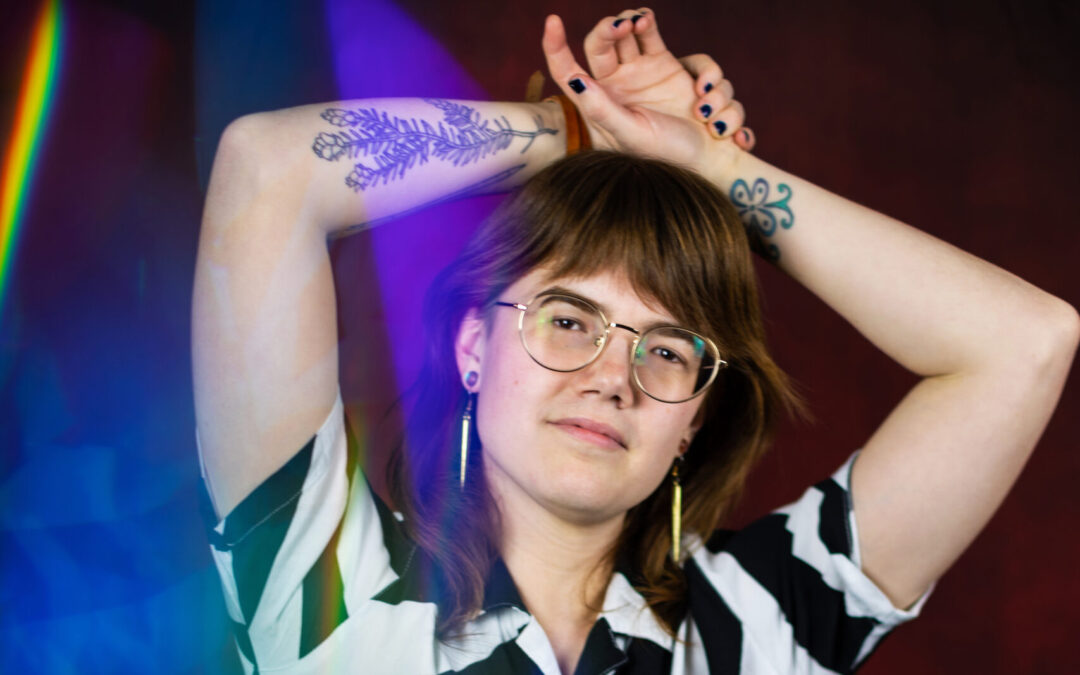
by Michele Kirichanskaya | Mar 14, 2025 | Blog
Ray Stoeve is the author of the young adult novel Between Perfect and Real, which received a starred review and was a 2021 Junior Library Guild Gold Standard Selection, and Arden Grey. They also contributed to the young adult anthology Take the Mic:...
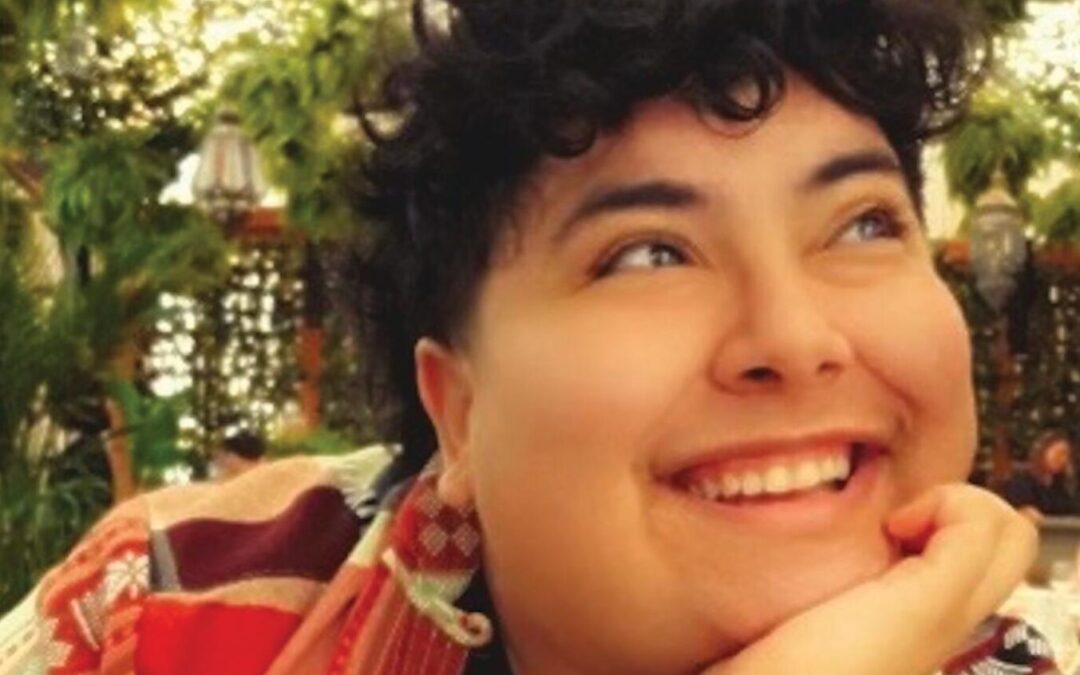
by Michele Kirichanskaya | Feb 22, 2025 | Blog
Born and raised in Arizona, Sonora Reyes is the author of The Lesbiana’s Guide to Catholic School and The Luis Ortega Survival Club. They write fiction full of queer and Latinx characters in a variety of genres, with current projects in both kidlit and adult...
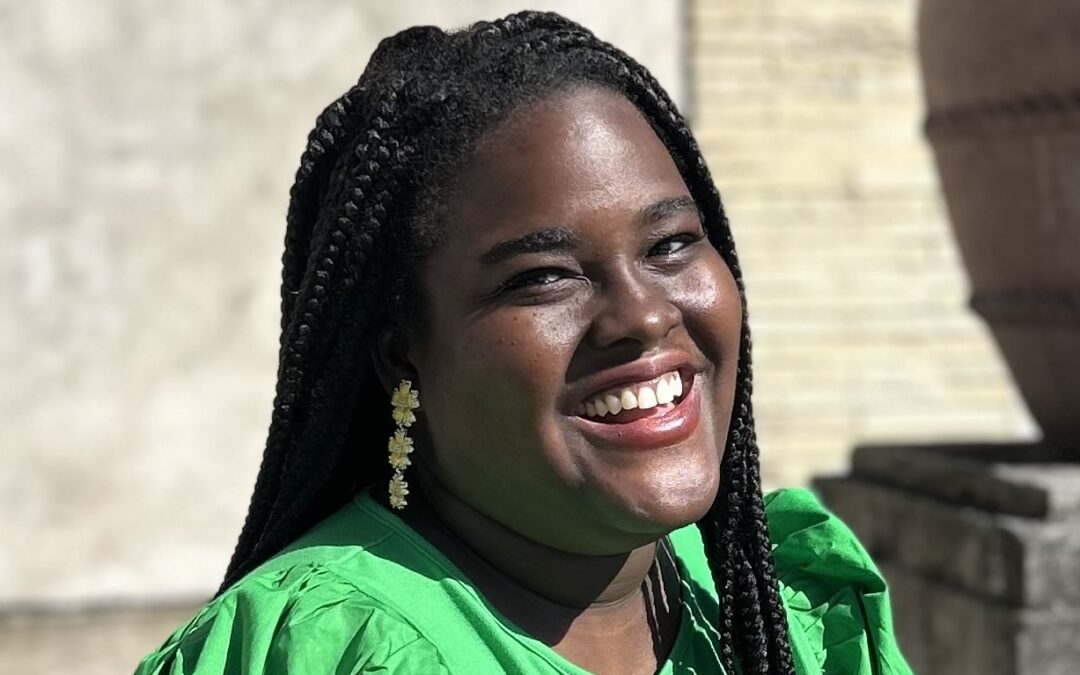
by Michele Kirichanskaya | Feb 12, 2025 | Blog
Kamilah Cole is a national bestselling, Dragon Award-nominated Jamaican-American author. She worked as a writer and entertainment editor at Bustle for four years, and her nonfiction has appeared in Marie Claire and Seventeen. A graduate of New York University, Kamilah...
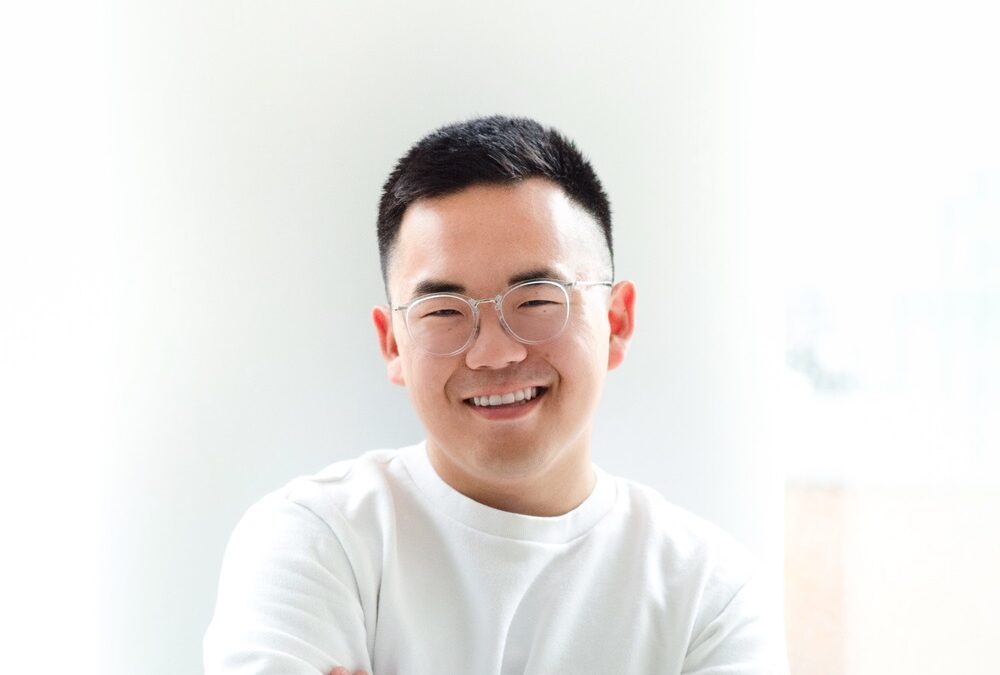
by Michele Kirichanskaya | Feb 5, 2025 | Blog
Jinwoo Chong is the author of the novel Flux, a finalist for the PEN/Hemingway and VCU Cabell First Novel awards, a New York Times Book Review Editors’ Choice, and named a best book of the year by Esquire, GQ, and Cosmopolitan. His short stories and other work have...






